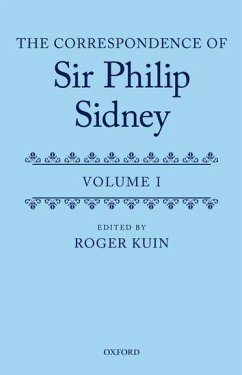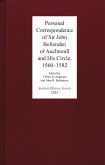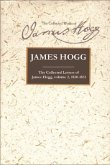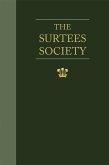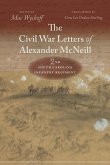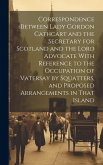A fascinating glimpse of Elizabethan life and politics is provided by the first full edition of Sir Philip Sidney's correspondence. This young phenomenon-author, statesman, courtier, poet, and soldier-exchanged letters with some of the age's most influential figures. Includes general and textual introductions, biographical sketches, and notes.
Sir Philip Sidney is one of the most important authors of the Elizabethan era. He died at the age of 31 and in that time wrote the first great English novel, the Arcadia; the first major Petrarchan sonnet-sequence in English, the Astrophil and Stella; and the first important English critical text, the Defence of Poesy. His short life was extraordinarily eventful. He was the son of the Viceroy of Ireland and the nephew and heir of the
Queen's favourite, the Earl of Leicester. At 17 he began a three-year tour of Europe, during which he was received at the Court of France, decorated by the French King, and got caught up in the St Bartholomew's Massacre. At 22 he was chosen by the Queen as her representative on a diplomatic mission to the new Emperor, Rudolph II,
in Vienna. At 30 he nearly left with Drake for the New World, but was sent instead to the Netherlands as part of English aid in their defensive war against the Spaniards. There he became Governor of Flushing, one of the three Dutch cautionary towns granted to England. At 31 he took the field and captured the town of Axel in a spectacular raid. A few months later he was wounded in a battle outside Zutphen, and died of gangrene in October of 1586. During his lifetime he corresponded with a
large number of learned and public figures all over Europe, from Clusius the Imperial botanist to Ralph Lane the Governor of Virginia (who wanted Sidney to succeed him), from Dom Antonio the Portuguese pretender to Hubert Languet, Sidney's guide and mentor. This correspondence, which has never been
published in full before, provides a fascinating glimpse of the workings of Elizabethan life and politics. Nearly four hundred letters are included here, with translations where necessary. The letters are accompanied by a detailed introduction discussing Sidney's life and the writing, sending, receiving, and reading of personal letters in the sixteenth-century, a textual introduction, biographical sketches of the correspondents, and explanatory notes.
Hinweis: Dieser Artikel kann nur an eine deutsche Lieferadresse ausgeliefert werden.
Sir Philip Sidney is one of the most important authors of the Elizabethan era. He died at the age of 31 and in that time wrote the first great English novel, the Arcadia; the first major Petrarchan sonnet-sequence in English, the Astrophil and Stella; and the first important English critical text, the Defence of Poesy. His short life was extraordinarily eventful. He was the son of the Viceroy of Ireland and the nephew and heir of the
Queen's favourite, the Earl of Leicester. At 17 he began a three-year tour of Europe, during which he was received at the Court of France, decorated by the French King, and got caught up in the St Bartholomew's Massacre. At 22 he was chosen by the Queen as her representative on a diplomatic mission to the new Emperor, Rudolph II,
in Vienna. At 30 he nearly left with Drake for the New World, but was sent instead to the Netherlands as part of English aid in their defensive war against the Spaniards. There he became Governor of Flushing, one of the three Dutch cautionary towns granted to England. At 31 he took the field and captured the town of Axel in a spectacular raid. A few months later he was wounded in a battle outside Zutphen, and died of gangrene in October of 1586. During his lifetime he corresponded with a
large number of learned and public figures all over Europe, from Clusius the Imperial botanist to Ralph Lane the Governor of Virginia (who wanted Sidney to succeed him), from Dom Antonio the Portuguese pretender to Hubert Languet, Sidney's guide and mentor. This correspondence, which has never been
published in full before, provides a fascinating glimpse of the workings of Elizabethan life and politics. Nearly four hundred letters are included here, with translations where necessary. The letters are accompanied by a detailed introduction discussing Sidney's life and the writing, sending, receiving, and reading of personal letters in the sixteenth-century, a textual introduction, biographical sketches of the correspondents, and explanatory notes.
Hinweis: Dieser Artikel kann nur an eine deutsche Lieferadresse ausgeliefert werden.

